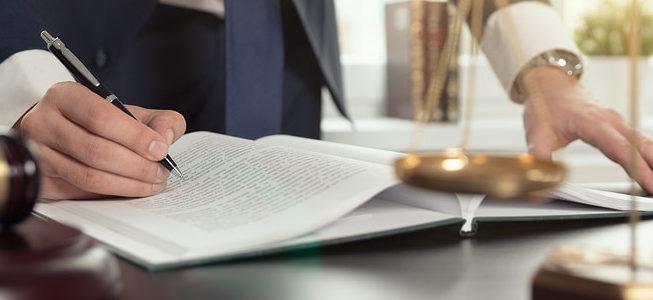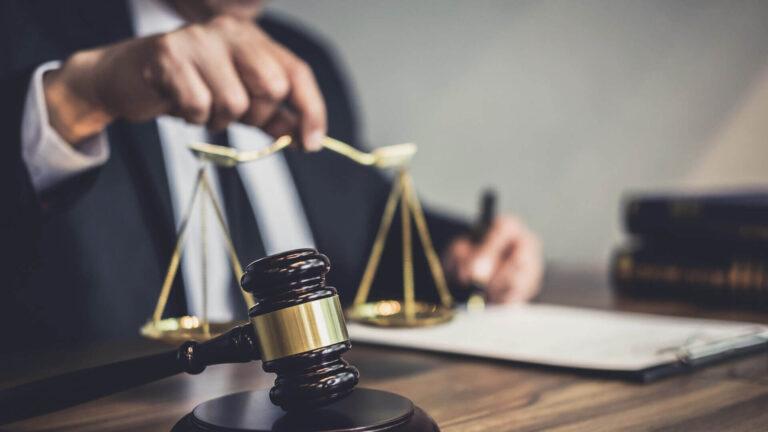Durable Power of Attorney
What is the definition of durable power of attorney?
A durable power of attorney (POA) is a legal document that allows an individual (known as the principal) to appoint another person (known as the agent or attorney-in-fact) to act on their behalf in legal, financial, and other matters. A durable power of attorney grants the agent numerous powers which can include the ability to enter into contracts, the ability to purchase and sell real property, and manage bank accounts on behalf of the principal. A durable power of attorney can be effective immediately upon signing or it can be springing. In a springing power of attorney, the agent’s powers become effective only after the principal is deemed incapacitated. Unlike a general power of attorney, a durable power of attorney (both springing and immediate) will remain in effect throughout the principal’s incapacity.


Why do you need a durable power of attorney?
A durable power of attorney is a crucial tool for anyone who wants to ensure their financial interests and healthcare wishes are properly managed should they become incapacitated. This document grants an individual that you trust the legal authority to make decisions on your behalf in the event you are unable to make decisions yourself. In the event you become incapacitated, having a properly drafted power of attorney, will allow your agent to pay your mortgage, protect your assets, and direct your medical treatments. It gives you the assurance that everything will be taken care of and ready for you when you are back on your feet. Depending on your needs, you can specify what powers your agent can carry out and how long the power of attorney lasts.
When should you get a durable power of attorney?
A durable power of attorney is important for individuals of all ages. If there is someone you trust to make your decisions, or if there is someone you prefer not to make decisions for you when you are incapacitated, having a power of attorney can ensure that you are protected in the event you cannot make decisions for yourself. It is important to create a durable power of attorney to protect you in the event you become incapacitated. Once you become incapacitated, you may no longer be able to create a power of attorney, and depending on the terms of your existing power of attorney, those powers may become invalid. It is also important to review and update your durable power of attorney periodically, as your needs and wishes may change over time.


HOW FREQUENTLY SHOULD YOU UPDATE YOUR DURABLE POWER OF ATTORNEY?
It is important to review and update your durable power of attorney periodically, as your needs and wishes may change over time. You should review and update your durable power of attorney at least every two to three years, or whenever there is a major change in your personal or financial situation.
WHAT WOULD BE CONSIDERED A MAJOR CHANGE IN A PERSON'S FINANCIAL SITUATION?
Examples of major changes in a person’s financial situation include getting married or divorced, starting a business, moving to a new state, inheriting money, purchasing property such as land or a house, and having a child.


How do you create a power of attorney?
Any person over the age of 18 can create a durable power of attorney in the state of Washington. To execute a valid power of attorney, you must be of sound mind, and sign in front of a notary or two witnesses. Your mental capacity to sign this document is generally determined by the notary or witnesses in attendance during the signing. The power of attorney document should indicate whether the powers granted are effective immediately upon signing or if they become effective upon your disability. Additionally, the power of attorney document should list all the powers granted to your agent and the actions they are authorized to take.
To create a power of attorney in Washington, should consider the following questions:
- Who do you want to be your power of attorney?
- What powers should he or she have?
- Do you have an alternate in mind if he or she is unavailable?
- When should your power of attorney become effective?

